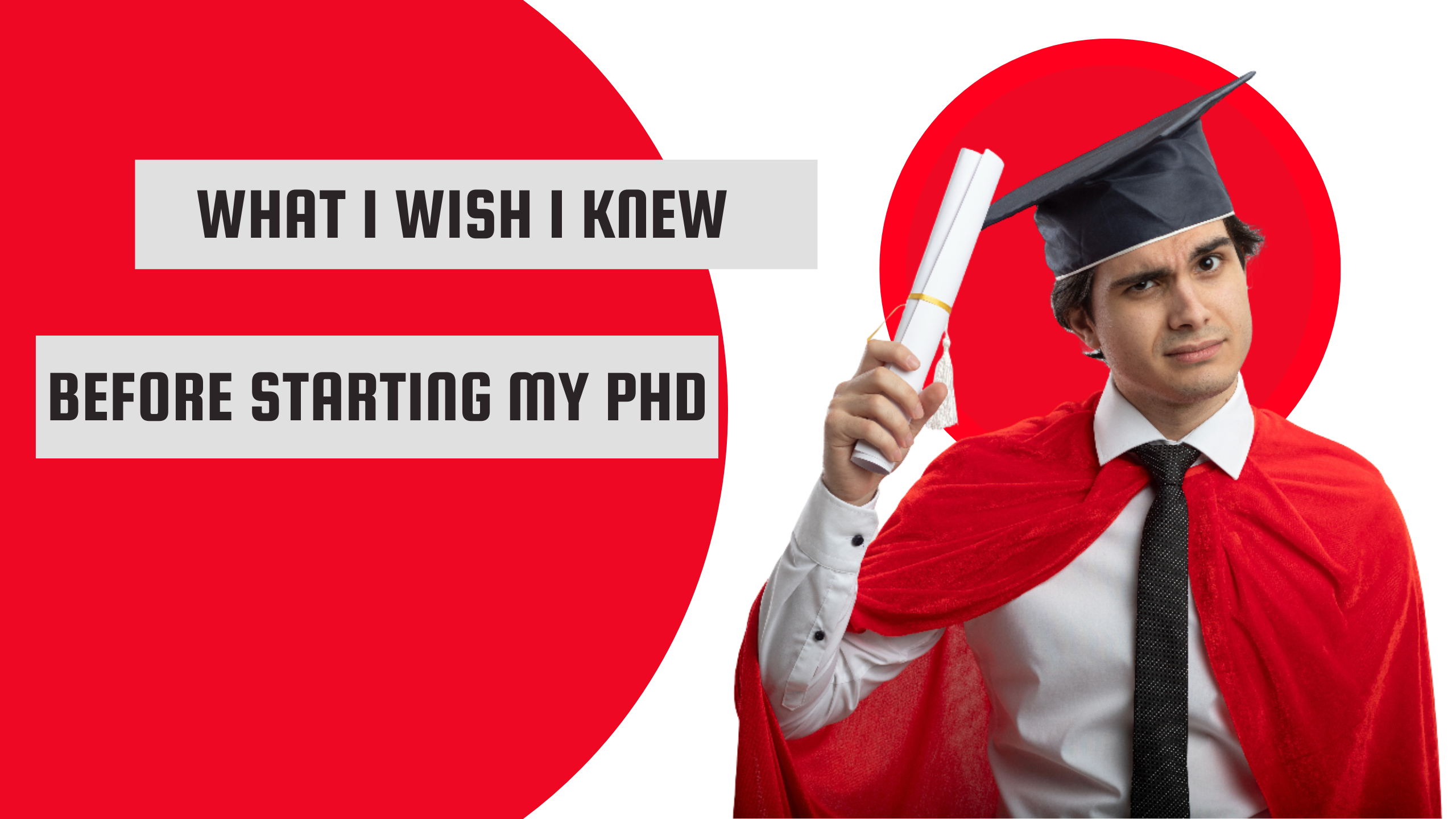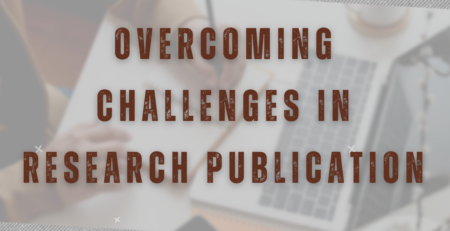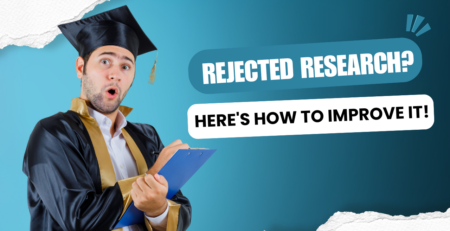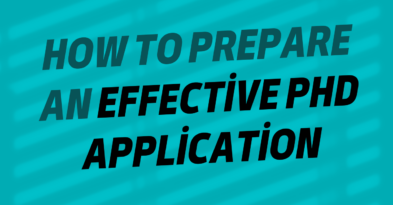18May

Pursuing a PhD is often seen as the pinnacle of academic achievement — a noble, intellectual journey filled with breakthroughs and accolades. But behind the polished titles and framed certificates lie countless hours of doubt, fatigue, and confusion. As someone who has experienced the rollercoaster of doctoral life, let me share what I wish I had known before starting my PhD. If you’re considering a PhD or just starting out, this guide will help you prepare — not just academically, but mentally, emotionally, and practically, by highlighting the crucial lessons I learned before starting my PhD and those I only discovered after I began, but wish I’d known before starting my PhD.

Before starting my PhD, I assumed the most important quality was intelligence. I believed only the smartest survived. But I quickly learned that endurance, discipline, and mental toughness matter more than IQ.
You don’t need to be a genius — you need to be consistent. Some of the most successful PhD scholars I know weren’t the most brilliant, but they kept going, even when things got tough. The ability to handle long periods of uncertainty, failure, and slow progress is what truly defines a successful PhD candidate.
Imposter syndrome is real and almost universal among PhD students. You’ll constantly question whether you belong or if you’re “smart enough” to be here.
During my first year, I often felt like a fraud, afraid someone would discover I didn’t know what I was doing. What I didn’t know then is that everyone feels that way at some point. The PhD journey is meant to push your limits. Feeling lost doesn’t mean you’re failing — it means you’re growing.
One thing I wish I knew before starting my PhD is how critical your supervisor is. A supportive, engaged supervisor can elevate your entire journey, while a disengaged or toxic one can ruin it.
Before committing to a PhD program, do your homework. Talk to current and past students. Ask about your supervisor’s mentoring style, communication frequency, and willingness to provide feedback. Your supervisor is not just a professor — they’re your guide, your critic, and your biggest ally (or obstacle).
Your PhD isn’t just a research task — it’s a multi-year project with phases, milestones, and deliverables. Treat it like project management:
Using tools like Trello, Notion, or even a well-organized spreadsheet can keep you grounded. Remember, research is rarely linear. Planning helps, but flexibility is essential.
At first, I thought I could just focus on my work and let my results speak for themselves. I was wrong. Academia thrives on collaboration, visibility, and shared knowledge.
Start building your academic network early. Attend conferences, webinars, and workshops. Publish your work, engage with others’ research, and don’t be afraid to reach out to scholars in your field.
Your network can open doors to collaborations, funding, postdocs, and job opportunities down the line.
Papers get rejected. Grants get denied. Conference submissions go unanswered. Rejection isn’t a reflection of your worth or intelligence — it’s part of the academic game.
Learning to deal with rejection early builds resilience. Treat every “no” as a learning opportunity. Often, feedback from rejected submissions can help you improve and eventually succeed.
Before starting my PhD, I imagined I’d work 9 to 5 and spend my weekends exploring hobbies. Reality check: PhD life can be all-consuming if you let it.
The pressure to publish, finish experiments, or write can feel never-ending. But burnout is real and dangerous.
Schedule breaks. Make time for family, friends, and personal interests. Protect your mental health like it’s part of your research plan — because it is.
You might think research is all about experiments, data, or simulations. But writing — and rewriting — takes up more time than you expect.
Start writing early. Don’t wait for the perfect results or the perfect moment. Practice writing clearly and concisely. Join writing groups if you can. And remember: first drafts are allowed to be bad — what matters is revising and refining them.
A PhD can be isolating. You may spend long hours alone, working on a niche topic very few people understand. Unlike undergrad or even a master’s program, the PhD path is often solitary.
That’s why building a community matters. Join peer groups, PhD forums, or social media communities. Surrounding yourself with people who “get it” makes a world of difference.
One of the hardest truths: not every PhD journey goes as planned. Sometimes the project changes, the supervisor leaves, or your interests evolve.
Changing direction doesn’t mean failure — it means adapting. And if, after serious reflection, you decide the PhD path isn’t right for you, that’s okay too. Life offers many meaningful careers beyond academia.
Knowing when to pivot is a strength, not a weakness.
PhD milestones aren’t always grand. Sometimes, the victory is debugging a stubborn line of code or receiving positive feedback on a paper draft.
Acknowledge your progress. Celebrate those tiny wins. They keep you motivated during the long stretches where nothing seems to move.
Despite the challenges, your PhD journey will stretch you. You’ll grow not just as a scholar, but as a person.
You’ll learn patience, resilience, critical thinking, and time management. You’ll discover how to ask better questions, solve complex problems, and navigate ambiguity — skills that are valuable well beyond academia.
If you’re about to start your PhD or are on the fence, don’t be discouraged by the challenges. Every worthwhile journey is hard. But the more you know before starting my PhD, the more empowered you’ll be to succeed. So take a deep breath, ask the right questions before starting my PhD, and prepare yourself mentally. The PhD path isn’t easy — but it’s incredibly rewarding if you walk into it with your eyes open.
Kenfra Research understands the challenges faced by PhD scholars and offers tailored solutions to support your academic goals. From topic selection to advanced plagiarism checking.

Writing a literature review is a crucial step in academic research. It serves as the foundation for your research... read more

As businesses and individuals continue to embrace digital transformation, cloud-based software solutions in 2024 have become indispensable. Offering unparalleled... read more

Publishing research in reputed journals is a critical step in a scholar’s academic journey. However, the process is not... read more

Financial success is not about getting lucky. It is not only about earning a big salary either. Many people earn... read more
Soon, BITS Pilani Goa to mentor GU’s undergrad students fast-track to PhD BITS Pilani Goa is set to initiate a mentorship... read more

Facing rejection for your research topic is a common experience for many PhD scholars and postgraduate students. Whether you selected... read more

Applying for a PhD programme is a significant step in your academic journey. A well-prepared Effective PhD Application can... read more
TSPSC AEE Result 2024 declared at tspsc.gov.in, direct link to download Telangana State Public Service Commission (TSPSC):The Telangana State Public Service... read more
Maharashtra Governor emphasises inclusion of saint literature in school education The Maharashtra Governor's emphasis on including saint literature in school education... read more
JNTUH (Jawaharlal Nehru Technological University Hyderabad) has announced a revised online entrance exam schedule for their Ph.D. programs. It's important... read more
WhatsApp us
Leave a Reply